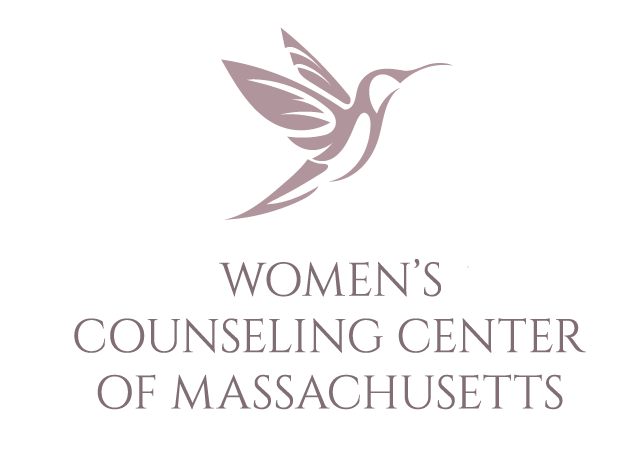When someone you love passes away, it can feel as though the world stops. Suddenly the things that seemed important as of yesterday now seem insignificant and meaningless in the scheme of things. You feel compelled to reflect on the relationship you had with your loved one. This urge to do so feels almost compulsive and involuntary. Moments in time and memories flash in your mind. You start to grieve the things left unsaid; the opportunities overlooked.
Death is such a finality. The initial news can lead to shock, disbelief, and a feeling of numbness. You question if you will ever feel truly whole again. Where do you go from here? Friends may say things like “time heals all,” but at the moment, these words feel sharp and dig at you, especially when time has come to a screeching halt at this moment. How do you honor your loved one’s memory while also picking yourself off the floor?
Outdated ways of approaching grief often consisted of the thought that one linearly goes through distinct stages. First shock and denial, subsequent pain and guilt. Then comes anger and bargaining. Next, depression sets in, followed by an upward turn. Finally, reconstruction and working through the stages ultimately brings you to acceptance and hope. However, newer ways of looking at grief depict grief, not as a linear process or stage-based process.
Counseling professionals owe it to their clients to think about grief in new ways instead of rushing to prescribing to their clients’ ways to grieve. Everyone grieves in their own time and their own manner. Rather, we should walk alongside our clients as they navigate their journey. We as professionals need to toss out rigid expectations around the grieving process and lose the script that we have prescribed over the last five decades since Elisabeth Kübler-Ross’s On Death and Dying became the established normative experience. This book initiated the creation of a constricting narrative of how to grieve the “right” way.
After experiencing my recent loss, I was reminded how disorienting grief could feel. After the initial news hit, I felt completely breathless. For me, preoccupation followed disbelief and confusion. I experienced constant thoughts of the deceased and how to get that person back. For me, grief and loss were a story of a disrupted life and the forfeiture of hope and expectations for the future. A sense of depersonalization washed over me where nothing truly felt real, and my mind struggled to make sense of things. From that day on, my journey will be my own. The one thing that has humbled me in my work with clients is my understanding; there is, unfortunately, no end to grief. I know I will inevitably grieve forever. However, the reality is that we learn to live with the pain so that we can continue forward.
Take care and take care of yourself.

